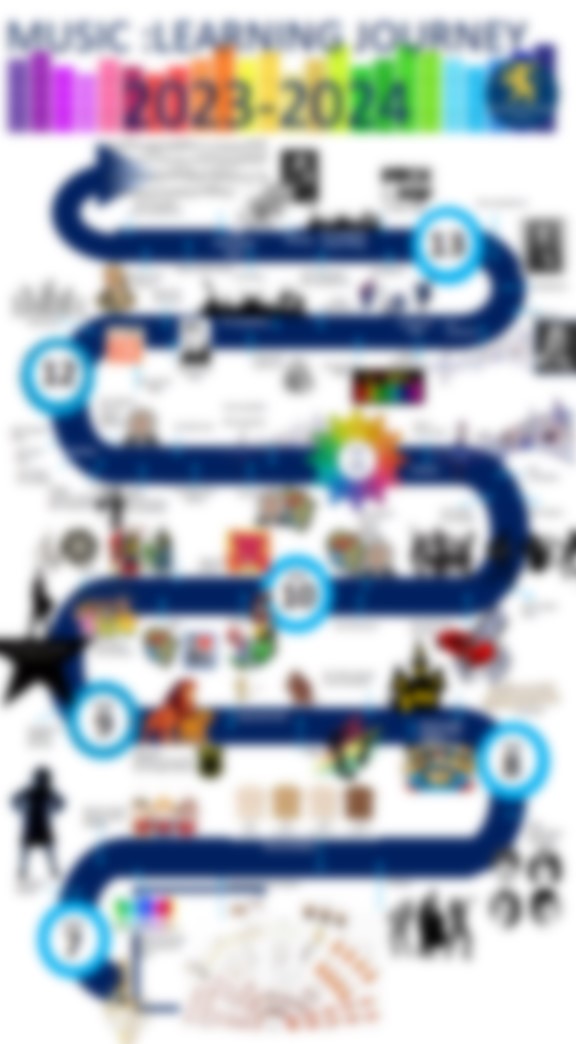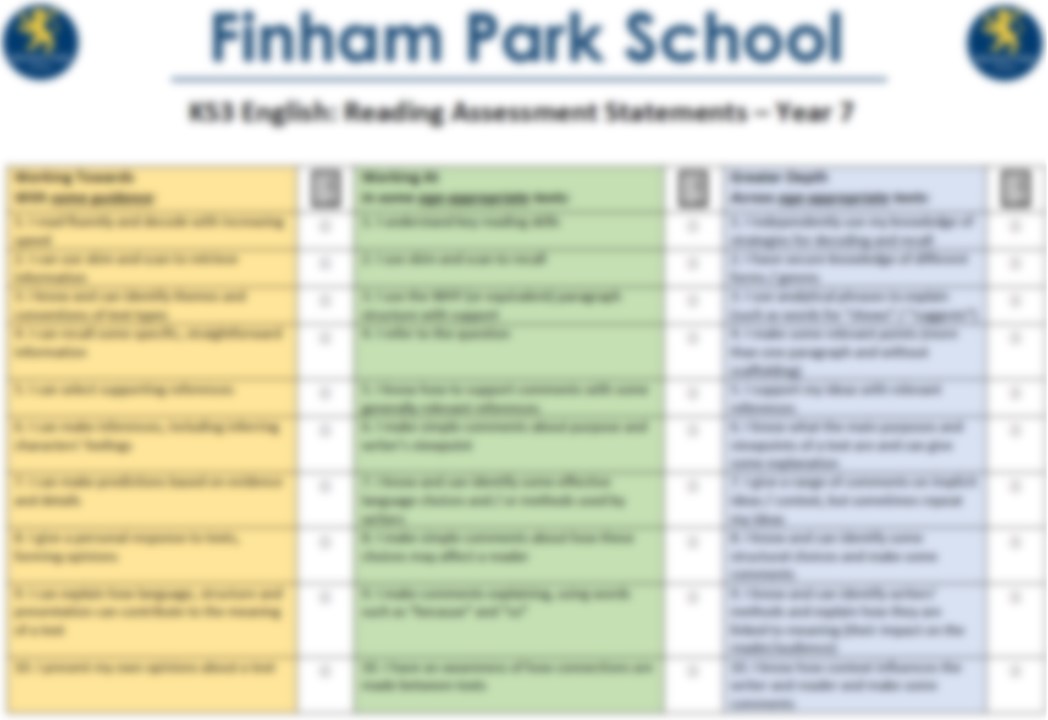Computing
Welcome to the Computer Science and i-Media department
Curriculum Intentions and Aims
Learning computing gives students the opportunity to develop a range of skills and qualities which are essential in a huge variety of other subjects, fields and disciplines; opportunities for developing problem solving, resilience, communication and team-working skills can all be all be found within the computing curriculum.
They will understand the importance of being selective about the information they obtain and will know how to make judgements regarding its suitability. They will know how to collect, work with and analyse data in order to draw valid conclusions. Students will learn the principles of how computers, and other technologies such as the internet, work.

Students will develop an understanding of Computing that will support their learning in other subjects into their adult life and the world of work. Computing at Key Stage 3 is part of the national curriculum and consists of three key areas.
- Computer Science
- Digital Literacy
- Information Technology
We are in the 21st Century. The UK government predicts that in between 10 – 20 years, 90% of jobs will require digital skills of some sort. Technology impacts almost every aspect of our everyday lives. Algorithms and AI affect our choices, actions and decision making on a daily basis.
Students will learn about the use of common searching and sorting algorithms in computing and their place in everyday life. Students will learn to develop algorithms of their own and test them within their own programs. They will learn to write and debug their own programs, in both block and text-based programming languages.
Students will explore learn how manipulate graphics and sound and will also study how such data is stored and represented within a computer, including the use of binary code.
Key Stage 3
Students in Years 7, 8 and 9 have two Computing lessons a fortnight. Students follow a rigorous programme of study for undertake a diverse and challenging range of projects.
The following topics are covered in Year 7:
- Digital Literacy
- E-Safety
- Networks and the internet
- Spreadsheet modelling
- Game Design with Kodu
The following topics are covered in Year 8:
- Graphics design and data representation
- How computers work
- Algorithms and computational thinking
- Common algorithms: algorithms for searching
- Creating websites with HTML
- Data science
The following topics are covered in Year 8:
- Working with images and sound
- Programming with Python
- Common algorithms: algorithms for sorting
- Cyber security
- An introduction to Boolean logic
- AI
- Spreadsheet modelling pt2
Key Stage 4
If students choose to continue with ICT or Computing after Year 9, there are two options that can be chosen:
Option A: OCR GCSE Computer Science (9-1) – J277
This course has been designed to give students an in-depth understanding of how computer technology works. It’s excellent preparation for higher study and employment in the field of computer science. Students will develop their critical thinking, analysis and problem-solving skills, which can be transferred to other subjects.
The course content:
Component 01 – Computer Systems
Exam – worth 50% – 80 marks
- 1.1 Systems architecture
- 1.2 Memory and storage
- 1.3 Computer networks, connections and protocols
- 1.4 Network security
- 1.5 Systems software
- 1.6 Ethical, legal, cultural and environmental impacts of digital technology
Component 02 – Computational Thinking, Algorithms and Programming
Exam – worth 50% – 80 marks
- 2.1 Algorithms
- 2.2 Programming fundamentals
- 2.3 Producing robust programs
- 2.4 Boolean logic
- 2.5 5 Programming languages and Integrated Development Environments
Programming: all students must be given the chance to do practical programming. Although not assessed, confirmation of doing this must be sent to the exam board.
Option B: OCR Cambridge Nationals: Creative iMedia Level 2 Award - J834
Creative iMedia enables students to gain knowledge in a number of key areas in the ICT and media field, from pre-production skills to website creation and sound editing.
The course contains three units:
- UNIT RO93 Creative iMedia in the media industry(written examination)
- UNIT RO94 Visual identity & digital graphics (controlled assessment coursework)
- UNIT RO97 Interactive digital media (controlled assessment coursework)
Further information can be found here:
Further information can be found here.
Key Stage 5
OCR A-Level Computer Science
The course content consists of:
Unit 1: Computer systems
Assessed by examination (worth 40%)
- 1.1 The characteristics of contemporary processors, input, output and storage devices
- 1.2 Types of software and the different methodologies used to develop software
- 1.3 Data exchange between different systems
- 1.4 Data types, data structures and algorithms
- 1.5 Legal, moral, cultural and ethical issues.
Unit 2: Algorithms and programming
Assessed by examination (worth 40%)
- 2.1 What is meant by computational thinking (thinking abstractly, thinking ahead, thinking procedurally etc.)
- 2.2 Problem solving and programming – how computers and programs can be used to solve problems
- 2.3 Algorithms and how they can be used to describe and solve problems.
Unit 3: Programming project
Non-exam assessment (worth 20%)
Students are expected to apply the principles of computational thinking to a practical coding programming project. They will analyse, design, develop, test, evaluate and document a program written in a suitable programming language. The project is designed to be independently chosen by the student and provides them with the flexibility to investigate projects within the diverse field of computer science. We support a wide and diverse range of languages. The project will consist of:
- Analysis of the problem
- Design of the solution
- Developing the solution
- Evaluation
More details can be found here.
Further information can be found here.
Department Staff
| Head of Computing and ICT | Mr J Bridgeman (BEd, CTeach, Certified Google Educator) |
| Mr S Rayamajhi (BSc) | |
| Mr R Downie (Assistant Headteacher) (BSc) | |
| Mr C Parsons (BSc) | |
| Ms D Watson - Head of Business and Economics (BA) |

